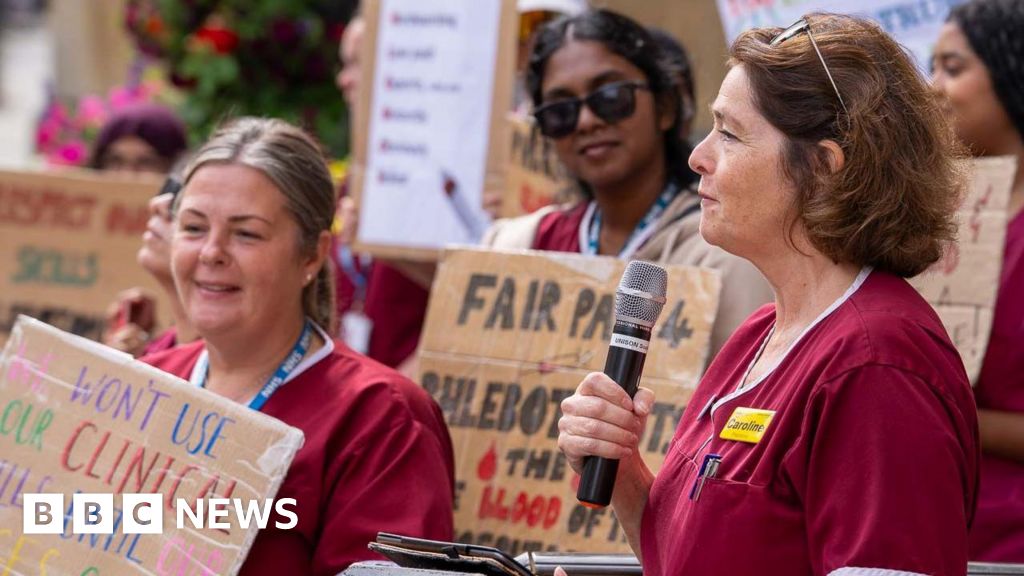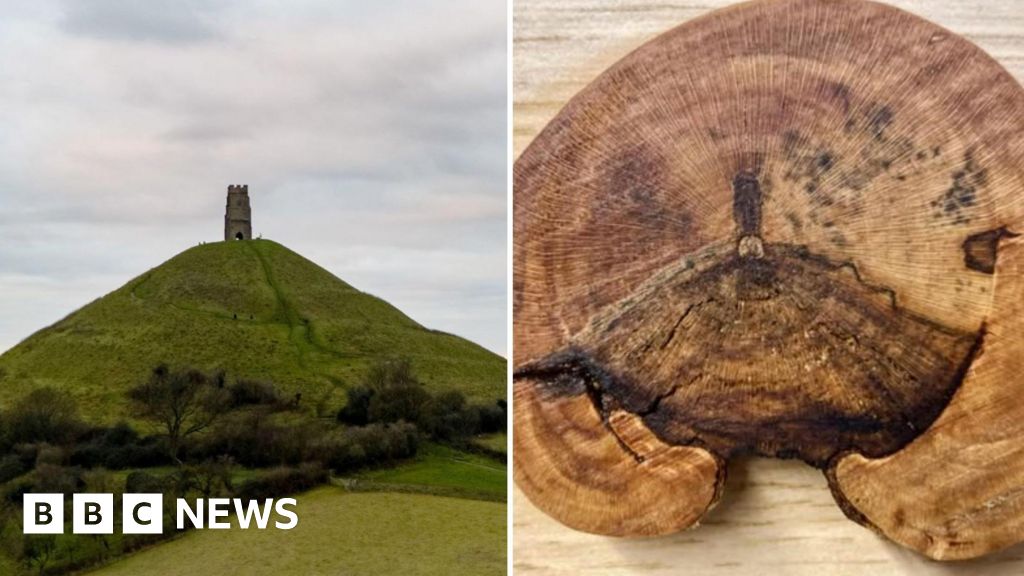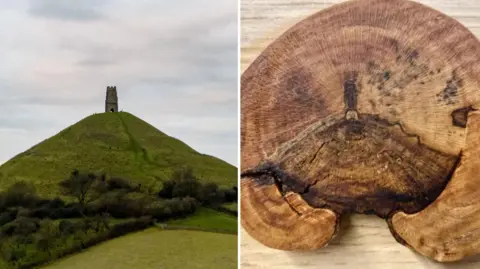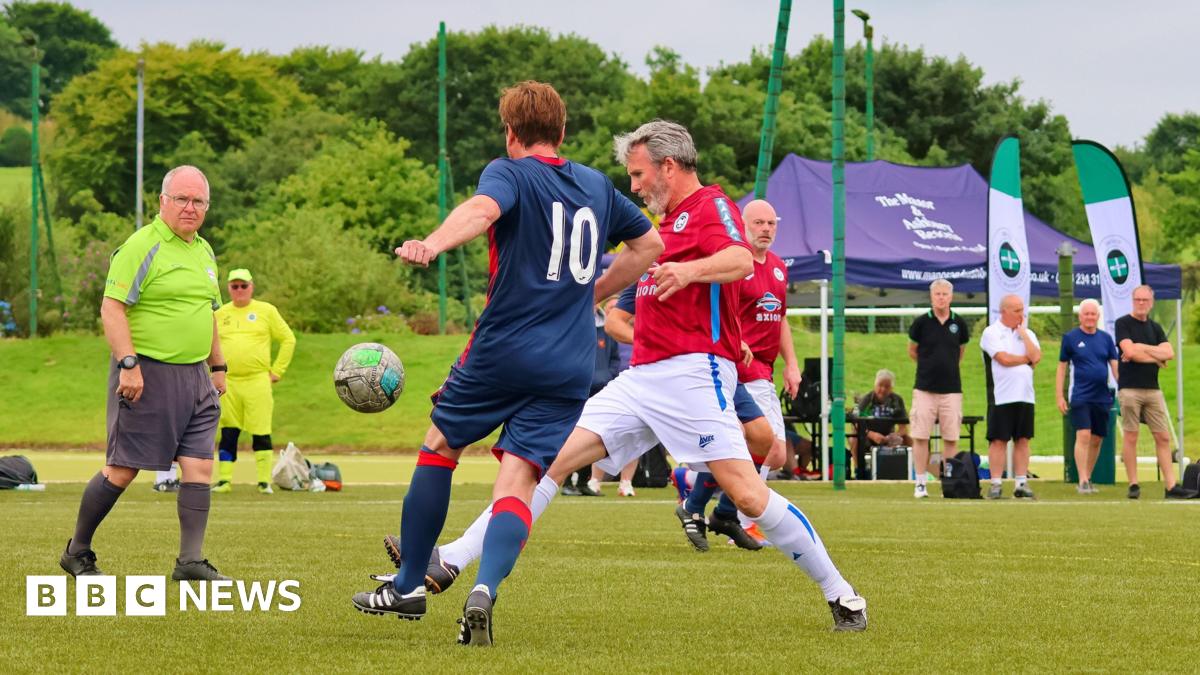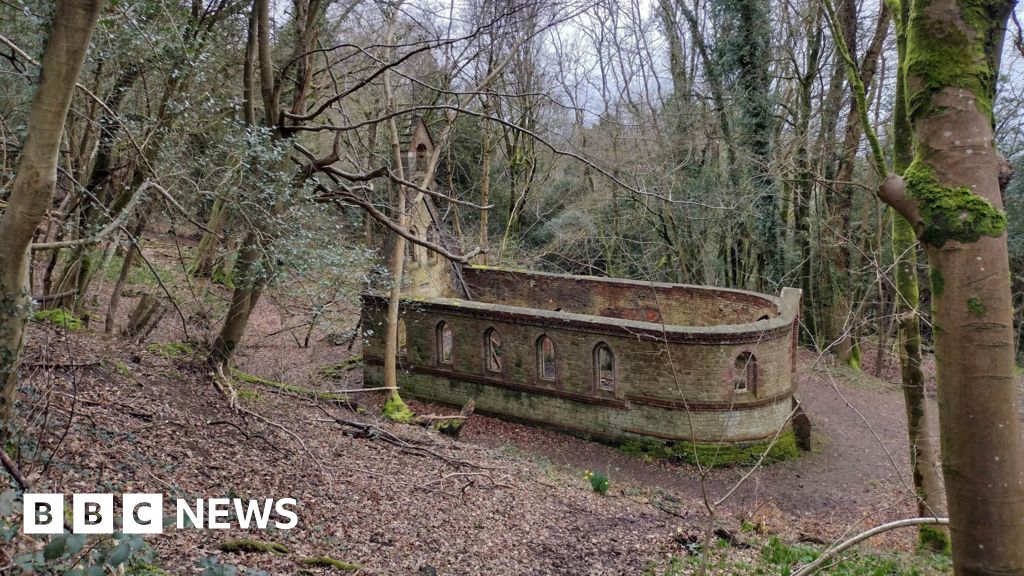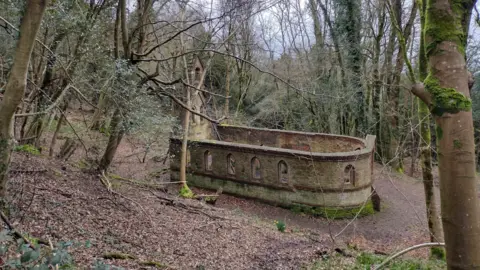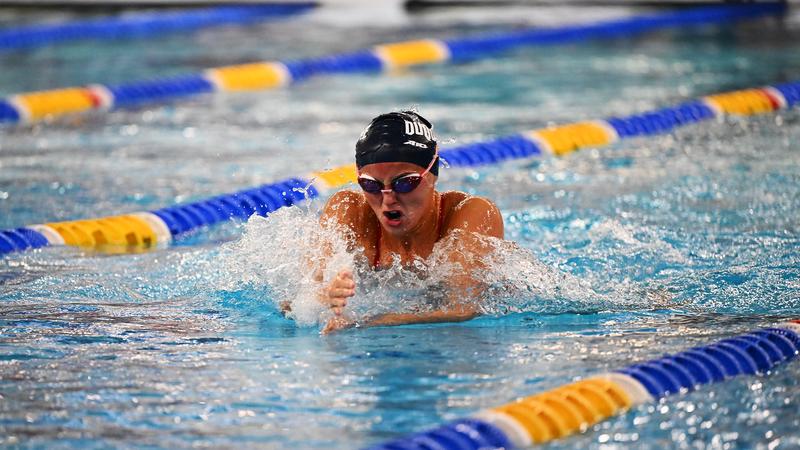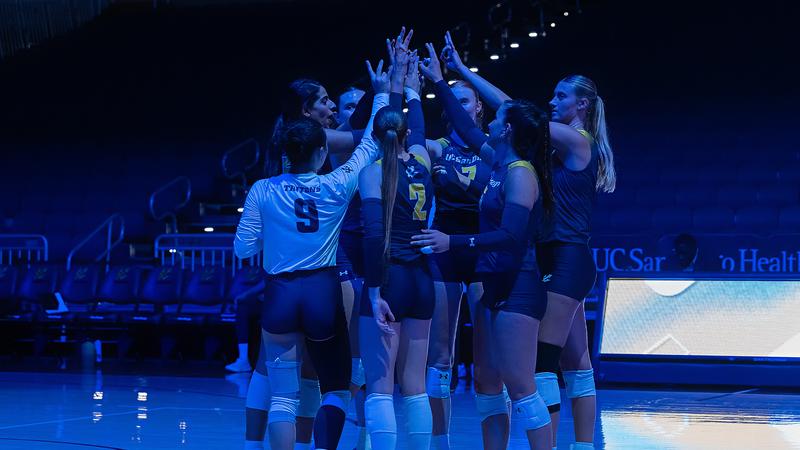A strike among specialist health workers is now the longest in NHS history as a group of phlebotomists have reached their 200th day of industrial action.
Trade union Unison, which represents Gloucestershire phlebotomists, said they are not paid enough for the “skilled work they do” taking and handling blood samples.
Caroline Hayhurst, one of 37 striking phlebotomists, went to a meeting with Gloucestershire NHS Trust on Friday and said it provided “hope” a resolution can be found.
The trust has been approached for comment. Its chief executive Kevin McNamara previously said he was keen to stick within the national pay framework so there is “fairness and consistency” across the NHS.
Strike action started in March 2025 and since then there have been numerous meetings between the trust and the union but no agreement has been made.
In the latest meeting, Ms Hayhurst said some “negotiating points” were raised including the potential “revaluation of the role”.
Phlebotomists are classed as Band 2 on the NHS pay scale but Unison claims that is not enough for the responsibilities of their role.
Previously Mr McNamara said the national campaign to move healthcare support workers from Band 2 to Band 3 did not include phlebotomists.
Christina McArnea, Unison general secretary, said: “It’s a scandal that hospital managers have allowed this dispute to drag on for 200 days.”
“They’re dedicated NHS staff who didn’t want to strike, but after years of being underpaid and ignored, they were left with no choice,” she added.
